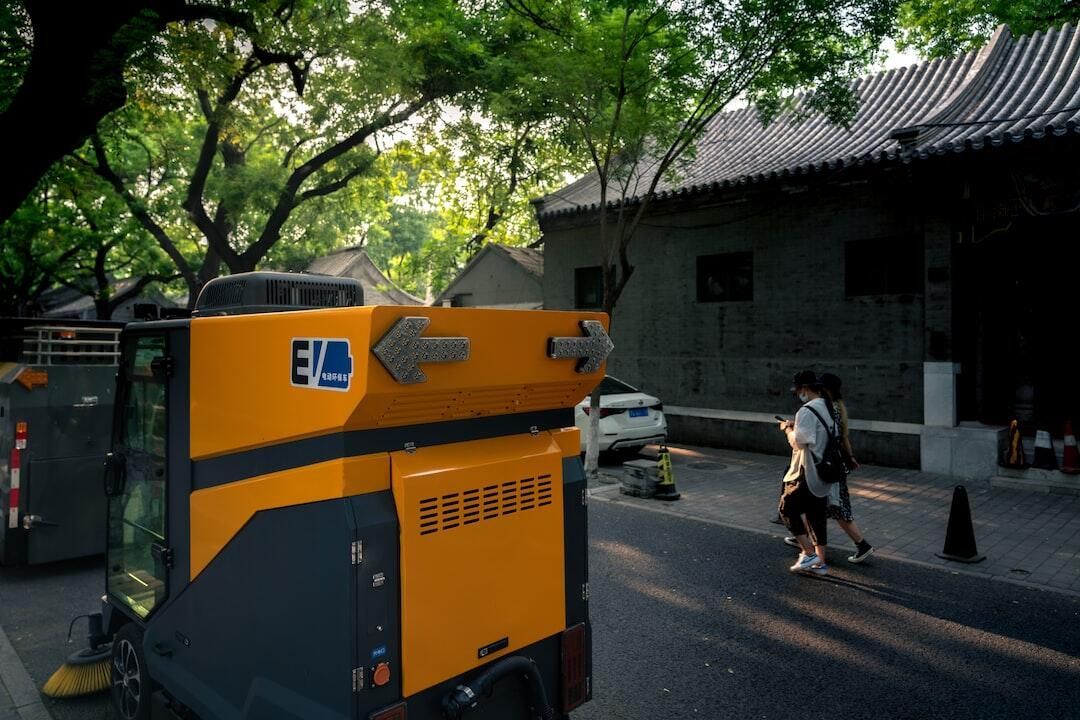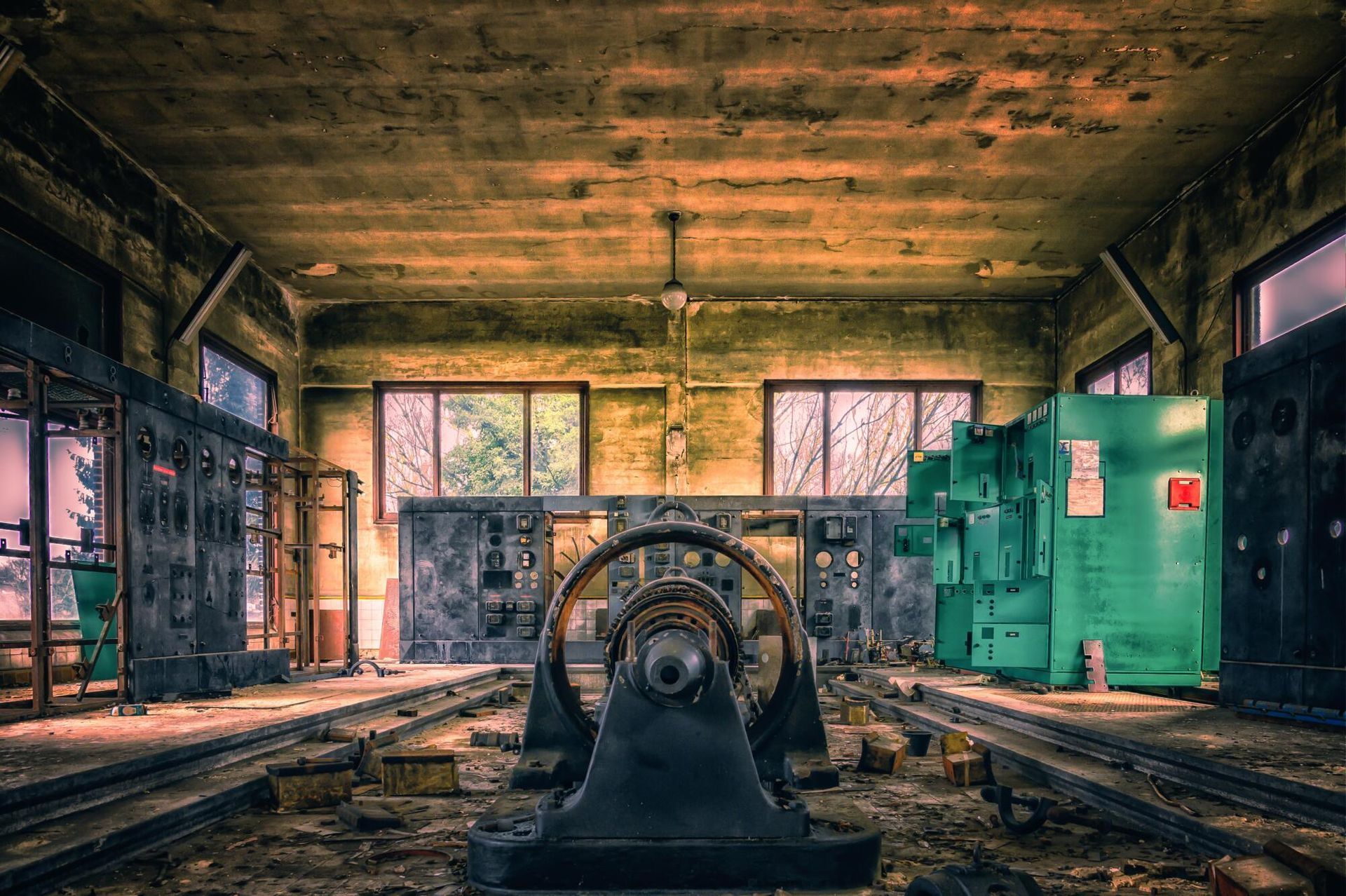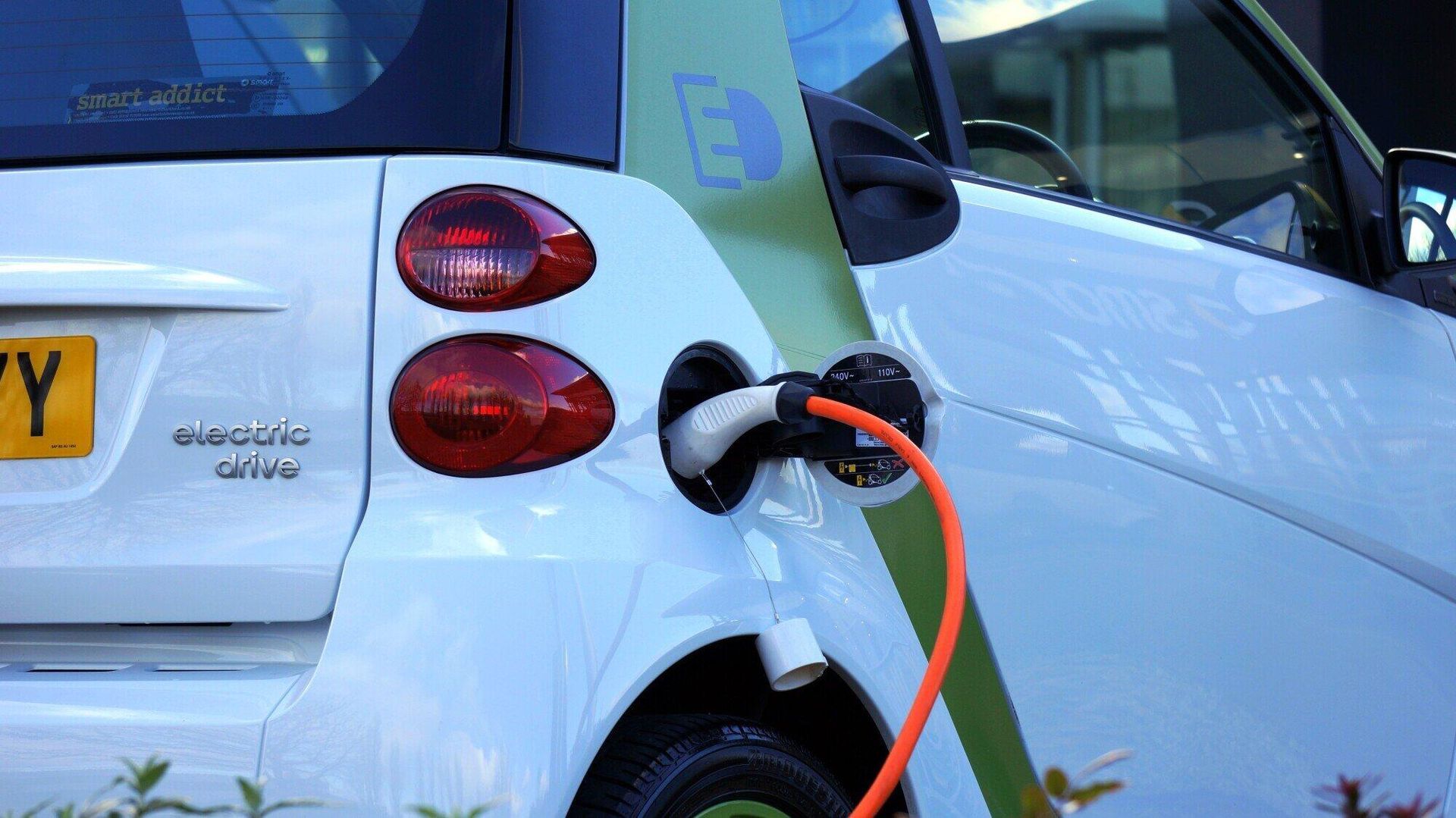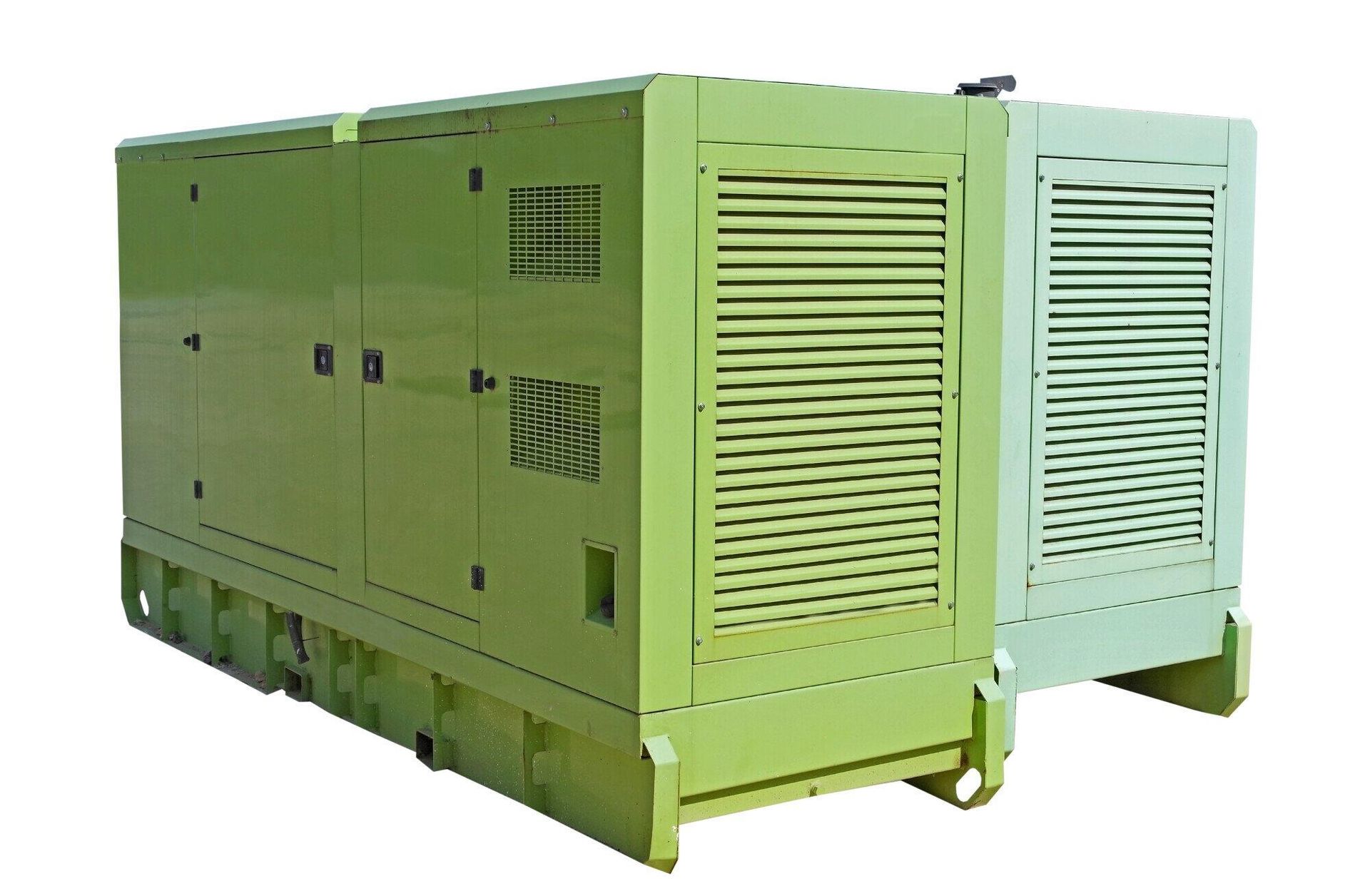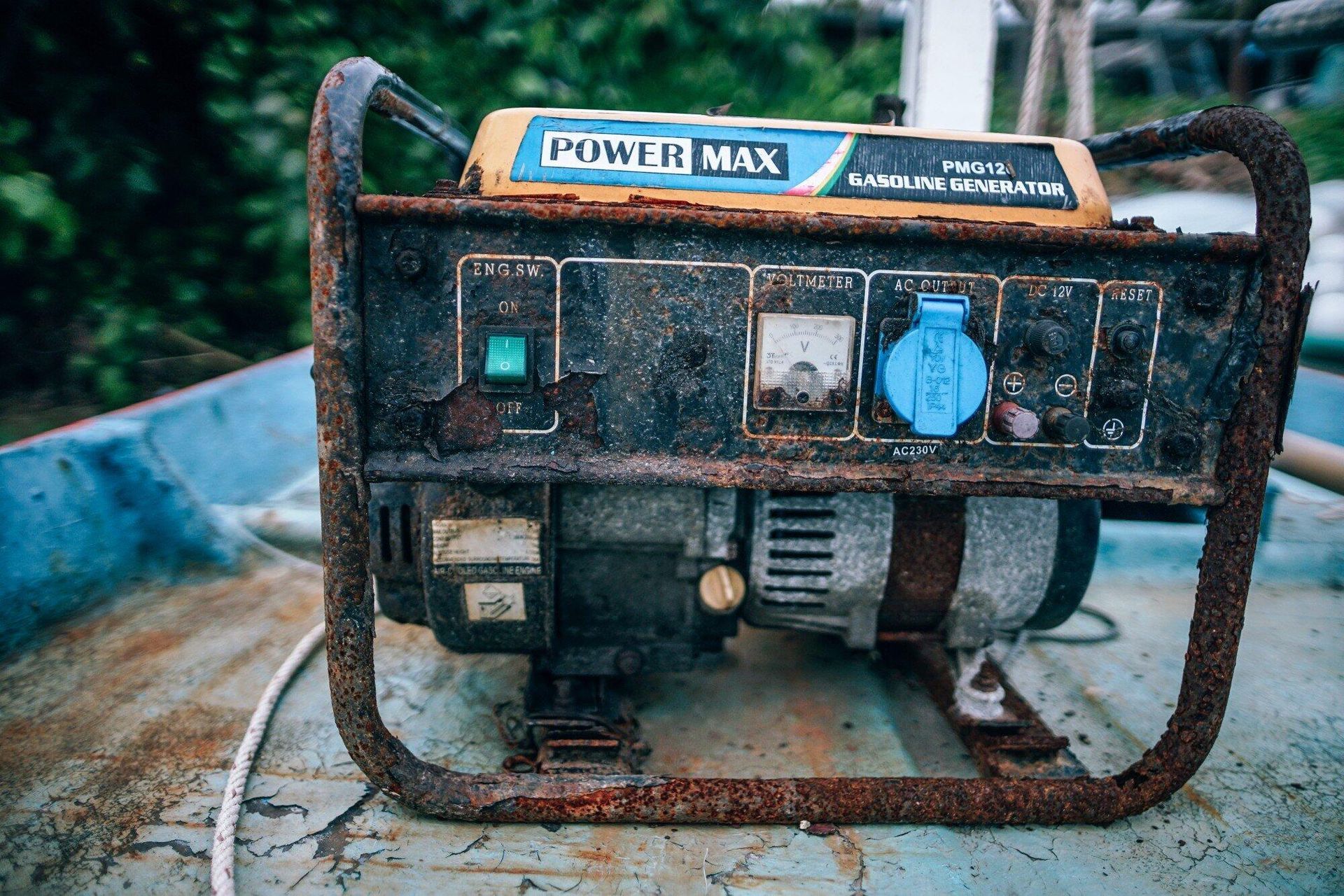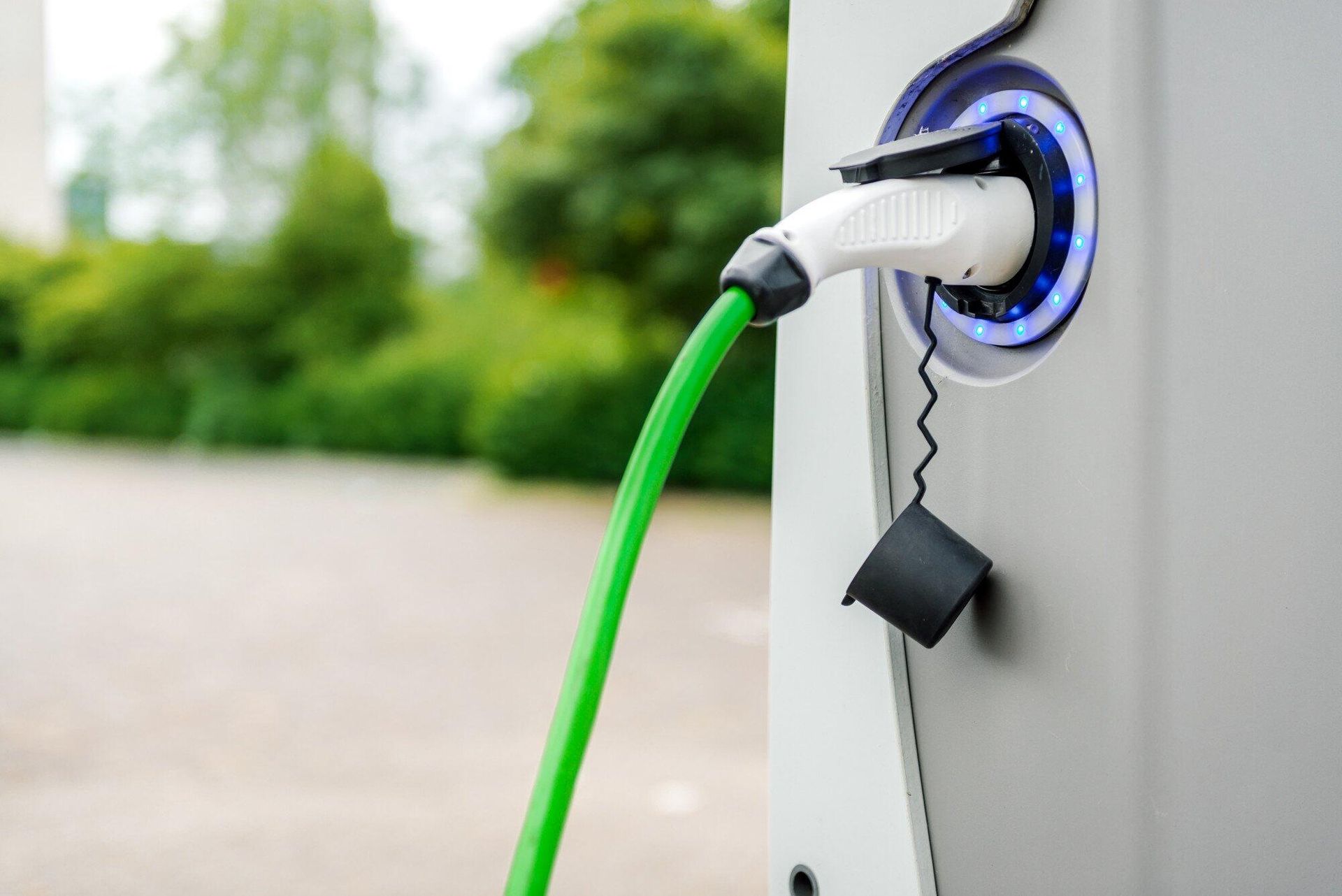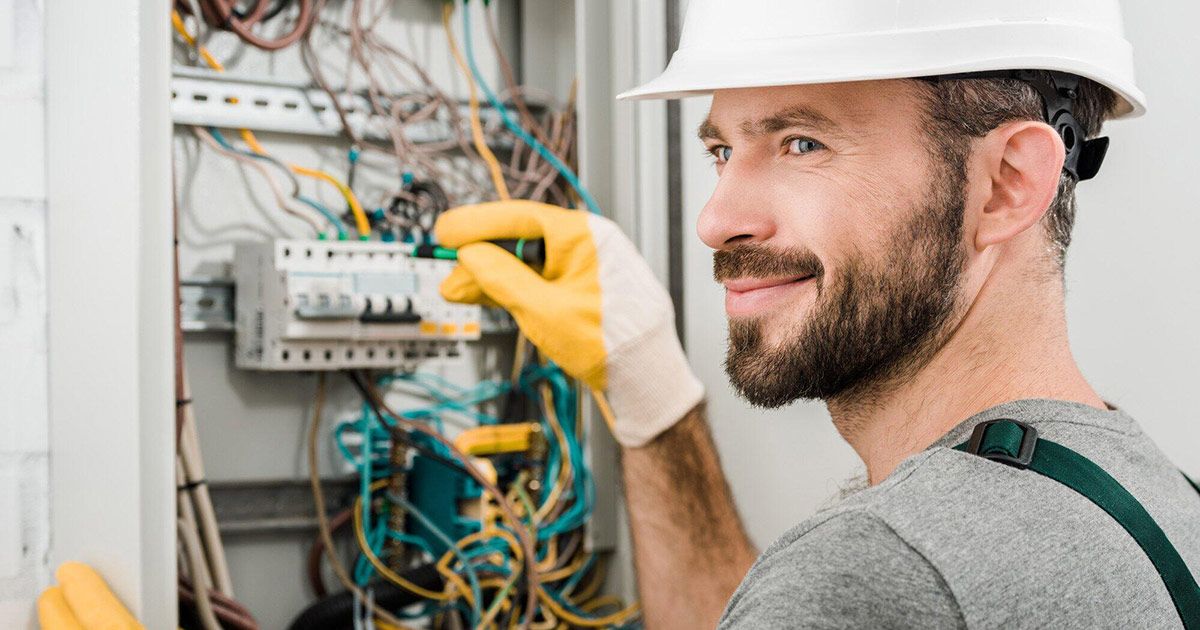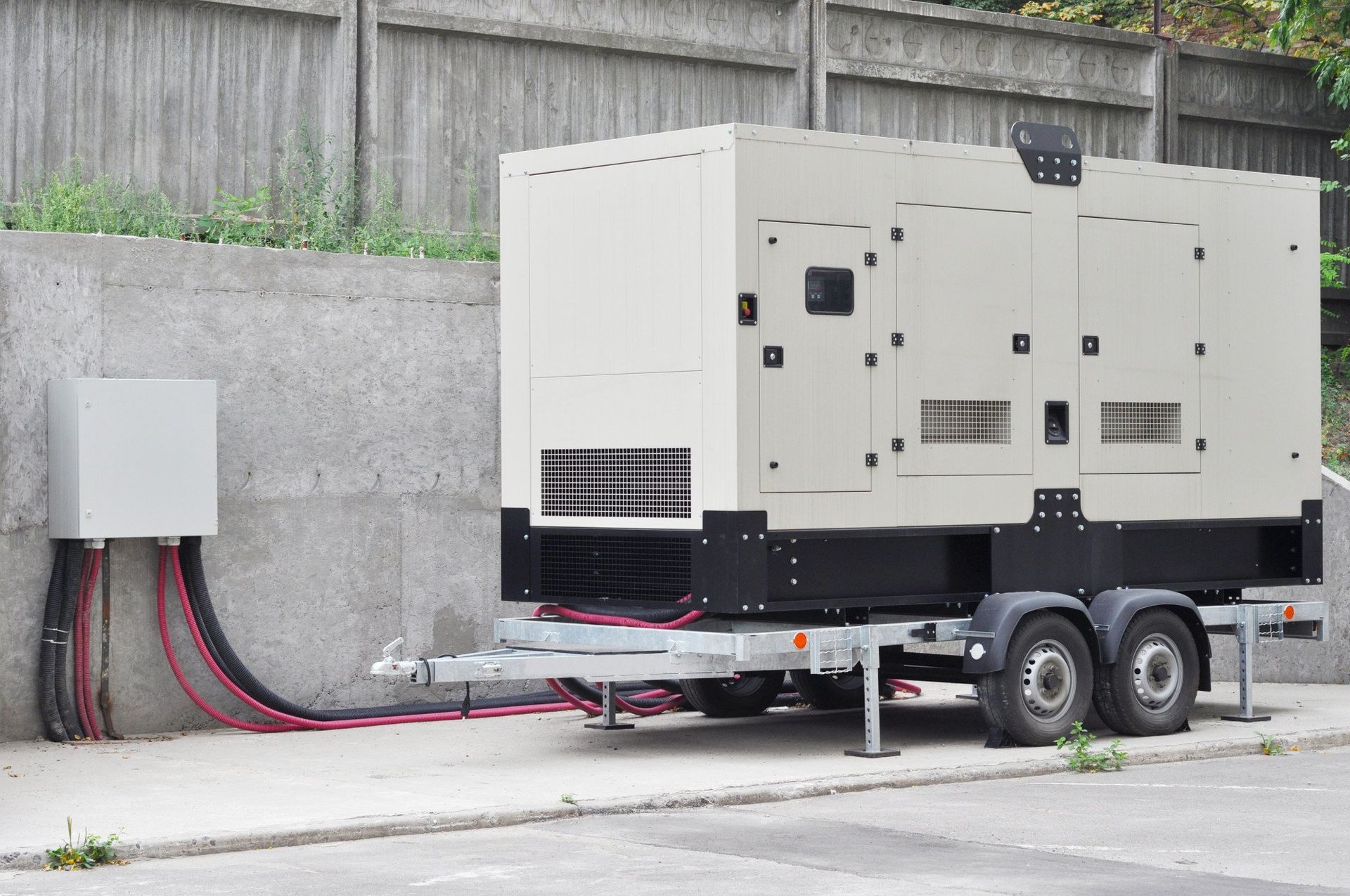9 Things To Expect From Generac Generator Installations
The world was subject to weather disasters totaling nearly $30 billion in damage in 2022. That meant a lot of households without electricity to charge their devices, power their fridges, and keep the lights on.
And that's without considering the rising utility costs taking their toll on household incomes.
Finding alternative power sources has never been more imperative.
That's where generator installations come in. A Generac whole-home generator is permanently installed on your property, offering a reliable source of electricity when you most need it.
Read on to learn what you can expect at every stage of the installation process.
1. Time Spent Researching Professional Installers
The first thing you can expect from a Generac generator installation is that you'll need to spend a bit of time researching professional installers in your area.
Before entering anything into Google, ask your neighbors, family, and friends for referrals. If they're satisfied with a particular service provider, you'll likely be, too. Then, look at the companies that appear on the first and second pages of Google and Google Maps (narrowing the location to your city or county).
Once you have a shortlist, check each company in Better Business Bureau, read their reviews on Google, and check the websites for customer testimonials.
2. A Chat With Your Municipal Authority and HOA—If You Have One
Before you start working with a Generac dealer in Northeastern North Carolina and Southeastern Virginia, you need to know the rules and regulations around generator installation in your area.
North Carolina requires residents to get a permit for an emergency generator. You might also need a construction permit, depending on your situation.
Most professional installation companies are familiar with the local regulations—ask your contact there. However, if you have any doubts, call your municipal authority to confirm.
3. An Inspection of Your Electrical Wiring
A whole-home generator is wired into your house's electrical system. The generator itself also requires a certain amount of outdoor space.
This means the installer you contract will need to inspect your property to determine your electrical layout and find a suitable outdoor site for installation. They will also let you know if you require any electrical upgrades to accommodate the generator.
In most cases, the generator will be located nearby your AC unit.
The technician might ask you if you want any upgrades during the installation. For example, a Generac transfer switch ensures a frictionless change-over to backup power.
4. A Walk-Through of the Installation Process From a Professional
When the technician visits for the inspection, they'll likely give you an overview of the installation process. It will look something like this:
● Laying the concrete or gravel pad the generator will sit on
● Fixing the generator to the pad
● Connecting the generator to the fuel line (natural gas or propane)
● Installing the transfer switch, if you opted for one
● Connecting the generator to your home's electrical system
The installation process takes a few days, so keep that in mind when scheduling the job.
5. The Chance to Ask Questions
You have two opportunities to ask questions of the installation company. The first is when you're narrowing down your list of potential partners. Ask questions like:
● How long have you been in business?
● Do you have experience with whole-house Generac generators?
● What certifications do your technicians hold?
● Are you licensed and insured?
● When do you have time to install my generator?
● What pricing plans do you offer?
● Are your products and services under warranty or guarantee?
● What do you charge for maintenance calls?
You can also ask these questions (and more) during the inspection.
6. A New Concrete or Gravel Pad on Your Property
As mentioned above, you will need to find appropriate space to construct a concrete or gravel pad on your property.
Whole-house generators are big machines, and they vibrate when in operation. If you install them straight onto the ground, the vibrations will cause the generator to sink. This may damage the generator and your home and even be a fire risk.
A pad ensures the generator can operate safely during a power outage—whether that happens shortly after it's installed or years later.
7. A Warranty or Guarantee
Again, we mentioned this above briefly, but let's dive deeper into this topic.
The company that supplies and installs your generator should provide you with a purchase warranty. In the case of Generac generators, the manufacturer offers a five-year limited warranty on major parts components in the USA.
The installer may also offer a service guarantee—check with them before signing on the dotted line.
8. A Simulated Power Outage
Finally, don't get surprised when all the lights in your home go out after your generator is installed. Installers typically run a simulated power outage to check your generator does what it's supposed to—restore power to your home in an electrical emergency.
They will check to see if the generator turns on when needed and provides stable power once it's running.
9. A Safe Home—No Matter the Emergency
Installing a Generac generator means you can expect a stable source of electricity when facing a disaster. This could be anything from a hurricane to a deep freeze. Importantly, it provides a way to keep your home and your family safe.
Don't forget to schedule annual maintenance to ensure your generator is ready for the action generator when you need it most.
Generac Generator Installations Are a Breeze!
Are you considering investing in generator installations?
If you find the right professional to work with, the process is seamless—taking just a few days. Generac generators suit every budget, home size, and preferred alternative fuel. Plus, the peace of mind you get knowing you can keep the lights on and your family safe is priceless.
VANCELECTRIC is a licensed and insured electrical contractor who has served clients in Northeastern North Carolina and Southeastern Virginia, since 1998. Our team of professionals provides personalized service and flexible scheduling, and as an official Generac dealer, we're experts in the brand.
Contact us today for a free estimate.
